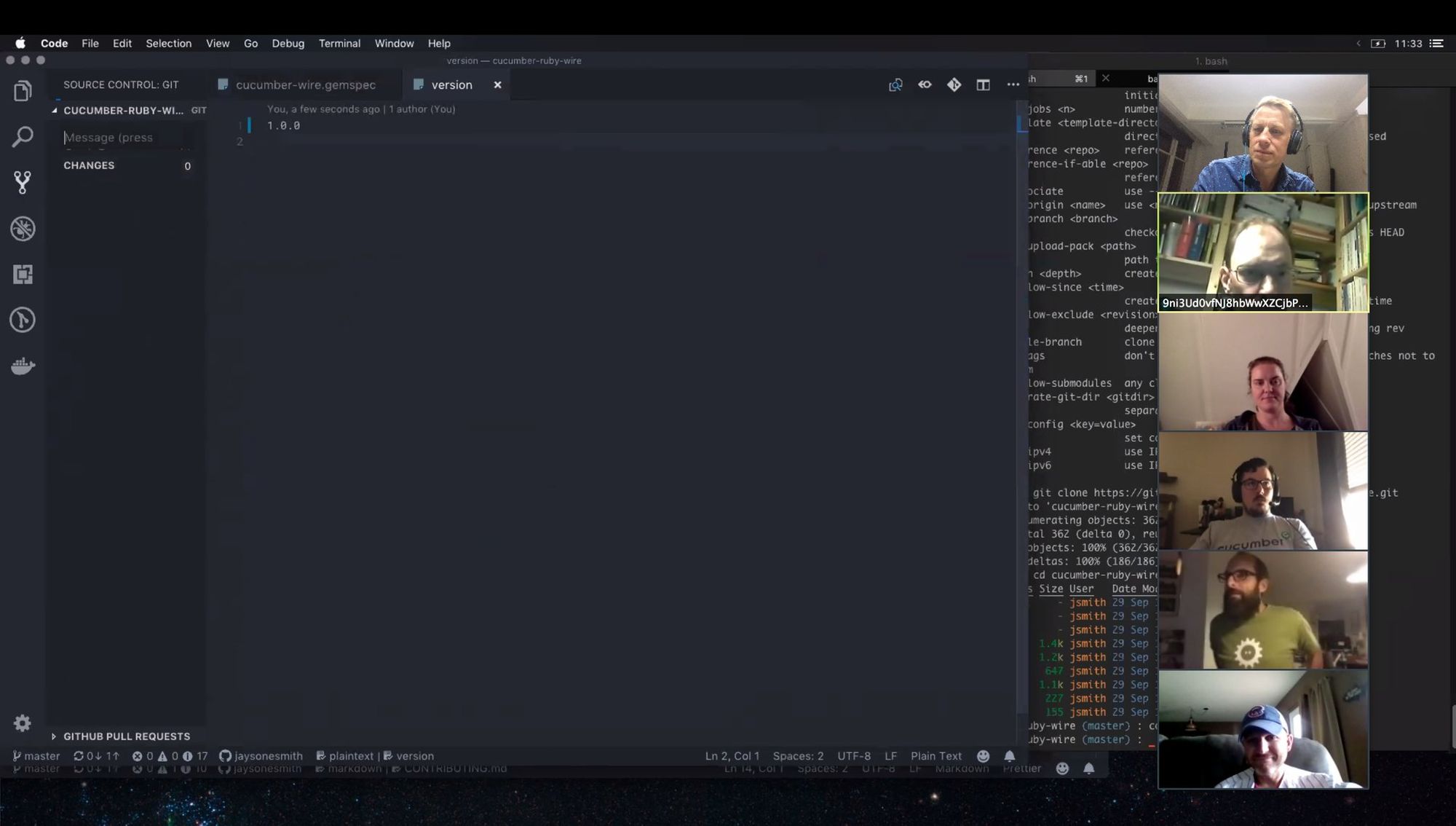Podcast: Agility in a big organisation
What happens when you transition to agile practices at a big organisation? How can you do agile software development at scale? This month Sinead Shackley (@smshackley) and Dave Anderson (@davidand393) from Liberty IT and Paul Shepheard (@HamletArable) from Deutsche Bank share their stories.


